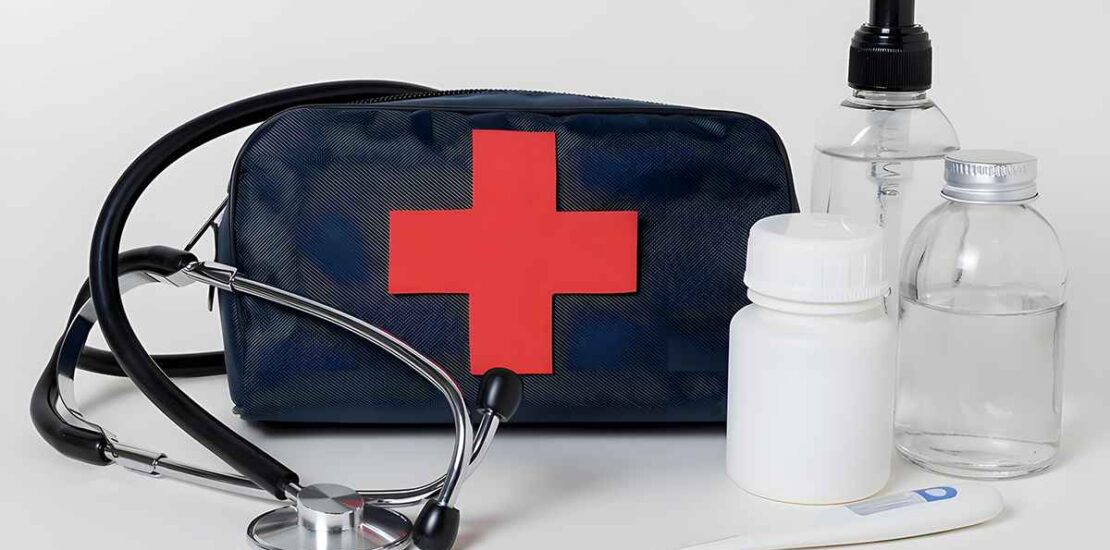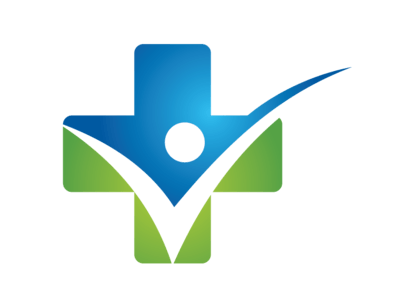- April 18, 2024
- Posted by: Customer Support Representative
- Category: Health

Introduction
Accidents and medical emergencies can happen at any time, whether at home, at work, or outside. Having a well-equipped first aid kit handy is essential to deal with such situations. Emergency first aid medications are critical to this kit because they can make the difference between rapid recovery and potential complications. This article looks at essential first aid emergency medications that everyone should have.
The first aid kit and its importance
Before getting into the details of emergency first aid medications, it’s important to emphasize the importance of a well-organized first aid kit. Bandages, sterile compresses, scissors, bandages, and of course first-aid medications should be included in a standard first-aid kit. It is advisable to keep the first aid kit easily accessible and to check it frequently to make sure everything is in order.
Managing injuries and emergency situations requires first aid. They consist of a set of initial actions and measures taken to stabilize the condition of an injured or ill person before health professionals have arrived. First-line medications are meant to relieve pain, prevent infections, and reduce complications.
First aid medications
- Pain relievers
To relieve pain caused by minor injuries, headaches, or muscle pain, pain relievers, such as acetaminophen or ibuprofen, are essential. They can also help with fever. Adhere to the recommended doses and follow the medication instructions.
- Antihistamines
Antihistamines, like diphenhydramine, will ease minor allergic reactions, insect bites, and skin rashes. They can also help with allergies that cause nausea.
- Adrenaline
People who are prone to severe allergic reactions like anaphylaxis should have an epinephrine auto-injector handy. In the case of acute allergy, this can save lives.
- Antibiotic cream
A topical antibiotic cream is essential to prevent wounds and scrapes from becoming infected. It should be applied to wounds after cleaning them properly.
- Medications for burns
Silver sulfadiazine cream, for example, can ease pain and prevent infection after a burn.
- Anti-diarrheal drugs:
In cases of sudden and severe diarrhea, which can lead to dehydration, anti-diarrheal medications, such as loperamide, are helpful.
- Medications for nausea and vomiting
Treating stomach pain and nausea involves the use of medications for nausea and vomiting, such as dimenhydrinate.
- Water purification tablets
Water purification tablets can be essential for making water drinkable and avoiding waterborne infections when you are outdoors, hiking, or camping.
- Eye drops
Sterile eye drops are useful for rinsing the eyes in case of foreign objects or irritation.
- Medications for insect bites
Insect bites can cause itching and mild allergic reactions. Having anti-inflammatory topical medication available may ease symptoms.
Precautions to take
To ensure the safety and effectiveness of emergency first aid medications, it is essential to follow certain precautions. Here are a few crucial recommendations to keep in mind:
- Observe the following instructions: The labels and instructions for use of each medication should be read carefully. Never increase the recommended dose.
- Keep your medications up to date: Check the expiration date of your medications regularly and replace them if necessary.
- Store medications appropriately: Store them out of reach of children and in a cool, dry place.
- Consult a health specialist: Consult a health professional immediately if you are unsure about the use of medication or about the severity of an injury or illness.
- Educate yourself: Learn how to properly use medications in your first aid kit. In addition, first aid training is extremely beneficial.
Conclusion
Every first aid kit should contain emergency medication. They can ease pain, prevent infections, and reduce complications during minor or emergency injuries. You can contribute to the safety and well-being of yourself and those around you by having a well-equipped first aid kit and knowing how to use medication properly. Always remember that first aid preparation and training are essential to deal with life’s unexpected events.
